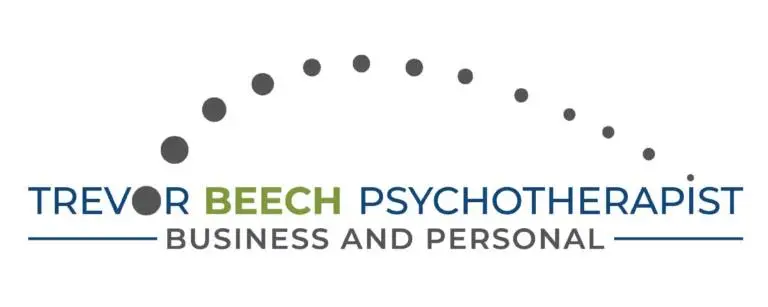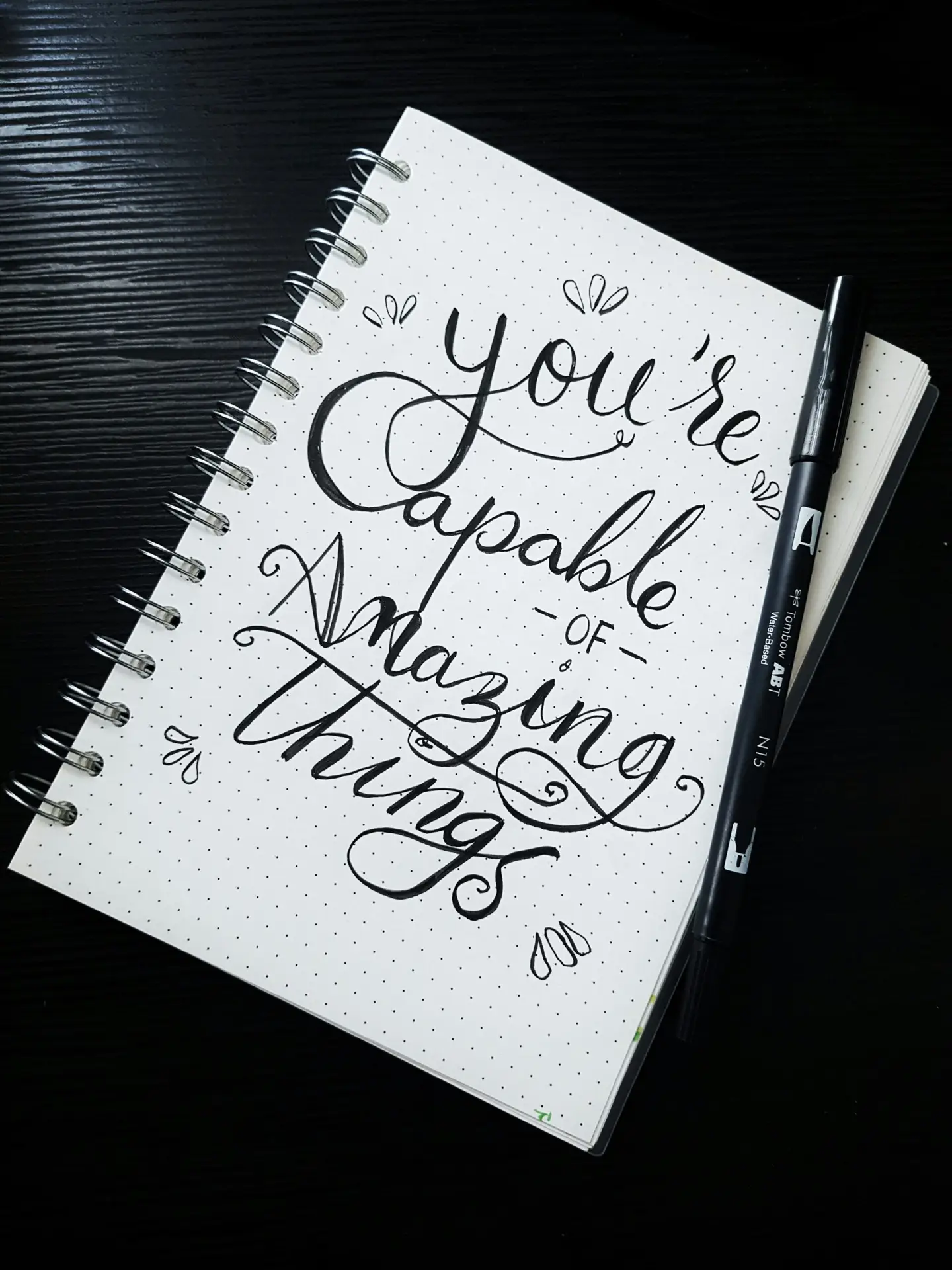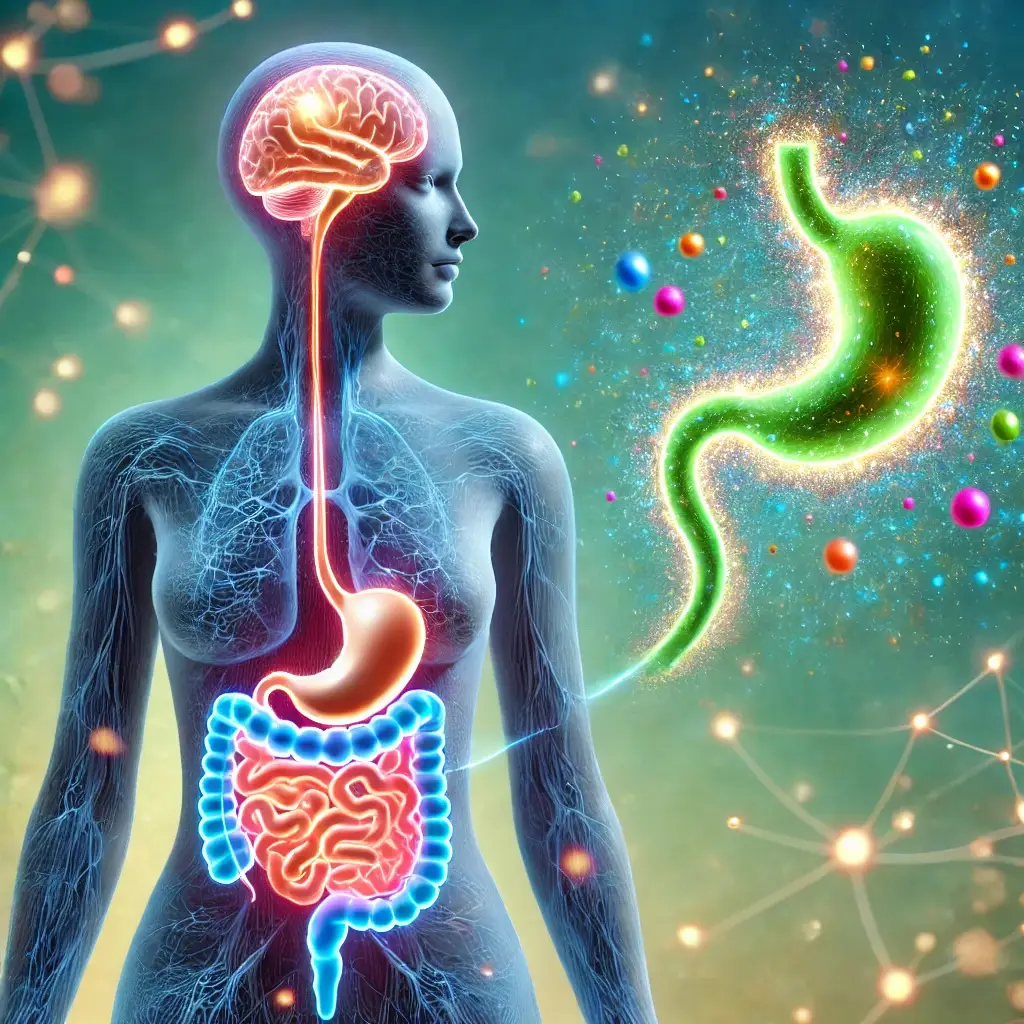Over the past few years — and increasingly recently — more clients are arriving in therapy quietly wondering:
“Could I be autistic?” or “Is it possible I have ADHD?”
These aren’t questions people tend to ask out of nowhere. Often, they’ve spent years navigating life with a deep sense of “something’s different.” They’ve managed careers, relationships, and responsibilities, often while masking stress, overwhelm, or difficulty with focus and social interaction.
And for many, this self-questioning comes after a moment of burnout, emotional intensity, or a sudden change in life circumstances. The timing can feel confusing, but it’s rarely random.
The Overlap Between Trauma, Autism and ADHD
Neurodivergence and trauma can look incredibly similar:
– Sensory overload
– Emotional shutdowns or meltdowns
– Difficulty with focus, memory, or planning
– Social fatigue or anxiety
– Chronic tension or fatigue
– Feeling “too much” or “not enough”
Sometimes these are trauma responses. Other times, they’re lifelong traits that simply haven’t been recognised. Understanding this overlap can be validating, especially for those who have felt misdiagnosed or misunderstood.
Is It Worth Getting a Diagnosis?
That’s a personal decision. Some people find great relief in having a formal diagnosis — it helps make sense of years of inner tension, allows for reasonable adjustments, and opens doors to neurodivergent communities.
Others don’t feel the need for a label but benefit from understanding their own patterns with more compassion. Either way, what matters most is that your experience is valid.
Adult Traits Checklist: Autism and ADHD
This informal checklist outlines commonly reported traits of autism and ADHD in adults. It is not a diagnostic tool, but can be a useful reflection aid.
Common Traits of Autism in Adults
-
- ☐ Prefers routines and predictability; finds sudden changes stressful
-
- ☐ Struggles with small talk or social chit-chat
-
- ☐ May feel ‘on the outside’ in social groups
-
- ☐ Strong interest in particular topics (can be deep or intense)
-
- ☐ May be very sensitive to noise, light, textures, or smells
-
- ☐ Often feels exhausted after social interaction (social fatigue)
-
- ☐ Literal thinking or difficulty understanding sarcasm and subtext
-
- ☐ Has a strong sense of justice or fairness
-
- ☐ May have difficulty with eye contact or facial expressions
-
- ☐ Often masks or adapts behaviour to ‘fit in’
-
- ☐ Feels different from others but unsure why
Common Traits of ADHD in Adults
-
- ☐ Difficulty focusing on tasks that aren’t interesting or engaging
-
- ☐ Often forgets appointments, tasks, or where things were placed
-
- ☐ Tends to procrastinate, even on important things
-
- ☐ May experience bursts of energy followed by fatigue
-
- ☐ Frequently loses track of time or is late
-
- ☐ Talks excessively or interrupts others in conversation
-
- ☐ Difficulty finishing one task before starting another
-
- ☐ Struggles to stay organised or maintain systems
-
- ☐ Restless body or mind; hard to relax even when tired
-
- ☐ Mood can shift quickly; may feel emotionally intense
-
- ☐ History of being labelled as lazy, messy, or careless despite trying hard
Where to Begin
If you’re considering an adult autism or ADHD assessment, here are some UK-based services:
– Clinical Partners: www.clinical-partners.co.uk
– The Autism Service: www.theautismservice.co.uk
– Autism Oxford UK: www.autismoxford.org.uk
– ADHD 360: www.adhd-360.com
– The OT Practice: www.theotpractice.co.uk
A Final Thought
Beginning to unmask — whether that means exploring trauma, neurodivergence, or both — can feel unsettling at first. Many people feel more emotional, sensitive, or unsure once they stop pushing themselves to ‘perform’.
But it’s not a sign of breaking down — it’s often a sign of waking up to who you really are, underneath the coping.
If this resonates, you’re not alone — and support is available if you’re ready.
These techniques are supportive practices and not a substitute for professional mental health treatment. If you are experiencing severe distress, please get in touch with a qualified mental health professional or emergency services.




